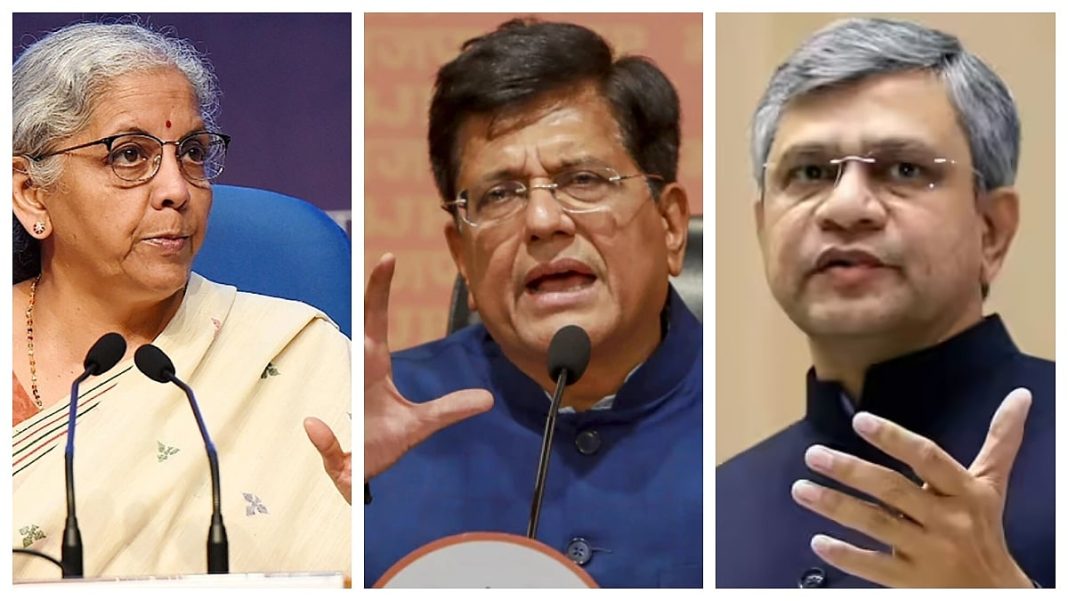India’s GST 2.0 reforms are already boosting festive sales, with car sales surging 35% during Navratri and banks reporting increased loan demand ahead of Diwali.
Key Takeaways
- Car sales increased 35% during Navratri compared to last year
- Retail credit demand has surged since GST cuts
- Government monitoring 50+ essential items for price benefits
- GST 2.0 expected to inject Rs 2 lakh crore into economy
Major Press Conference on Dhanteras
Three senior ministers – Finance Minister Nirmala Sitharaman, Commerce Minister Piyush Goyal, and I&B Minister Ashwini Vaishnaw – will hold a joint press conference at 12 noon on Dhanteras. They will highlight how the latest GST reforms are driving festive sales and economic activity during the Diwali season.
Understanding GST 2.0 Reforms
The new GST system, launched on September 22, 2025, simplifies tax rates and reduces costs on numerous items. Finance Minister Sitharaman stated this initiative could inject Rs 2 lakh crore into the economy, significantly boosting consumer spending.
Festive Season Shows Strong Growth
The government reports clear positive impacts from the GST changes. Beyond the 35% car sales growth, state-owned banks are witnessing increased loan applications for vehicles, home appliances, and electronics – indicating higher consumer confidence.
Banking Sector Responds to Demand
Banking officials confirm retail credit demand has surged following GST reductions. This trend could push overall credit growth beyond the previously projected 10-12% for the financial year. A senior banker described the combination of festive energy and tax cuts as driving this growth.
Ensuring Consumer Benefits
Authorities are closely monitoring whether brands and retailers are passing GST benefits to consumers. Over 50 essential items are being tracked nationwide, with officials stating they will take action after collecting comprehensive ground data.
Historic Economic Reform
Home Minister Amit Shah previously described GST 2.0 as one of India’s most significant economic reforms since independence. He emphasized it would expand the tax base and strengthen systemic trust.




